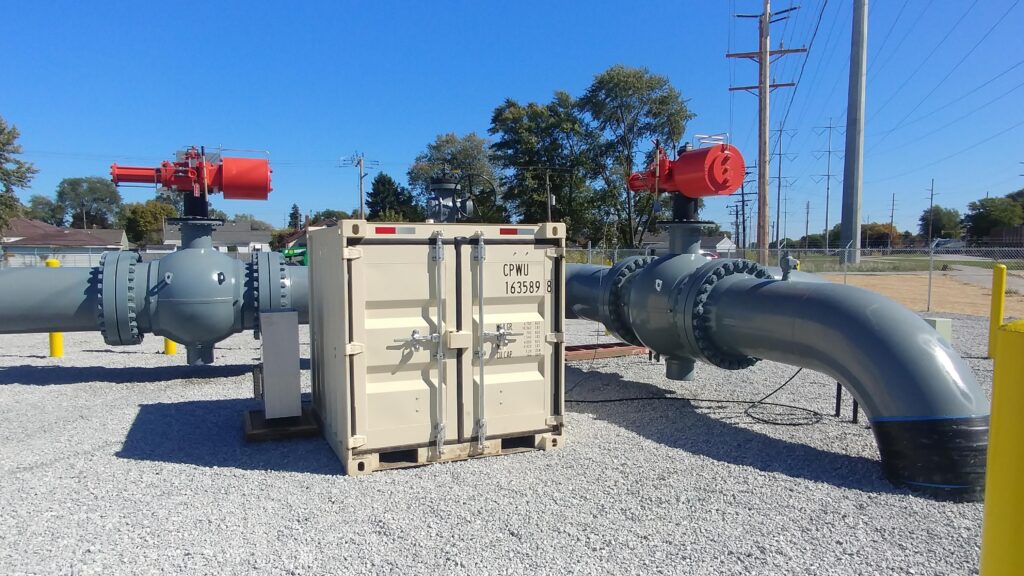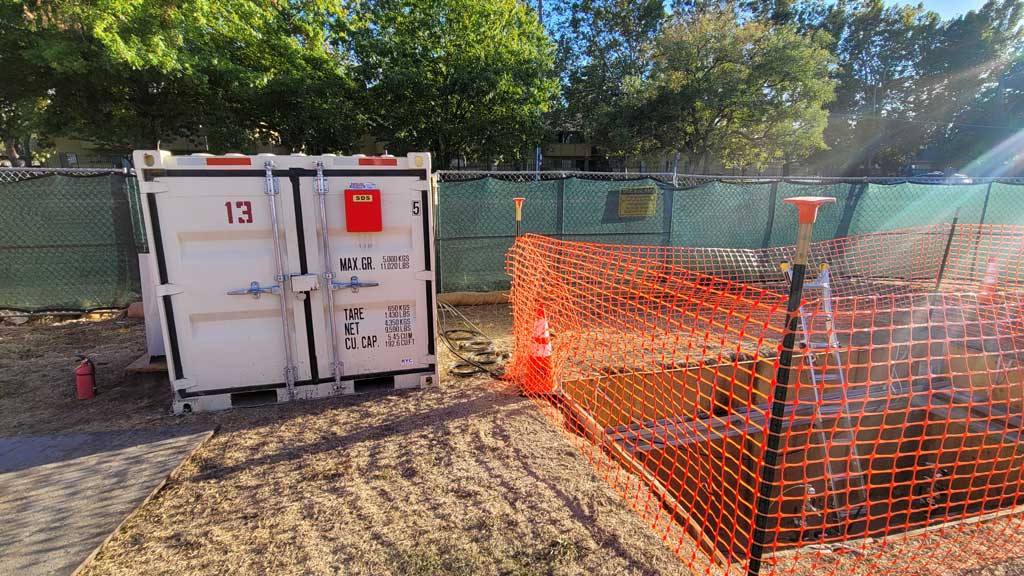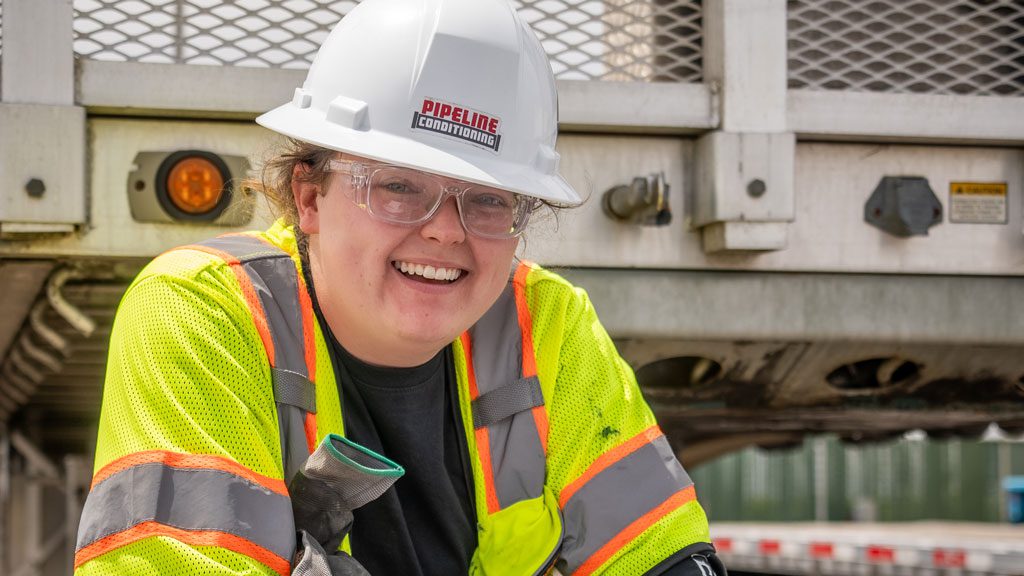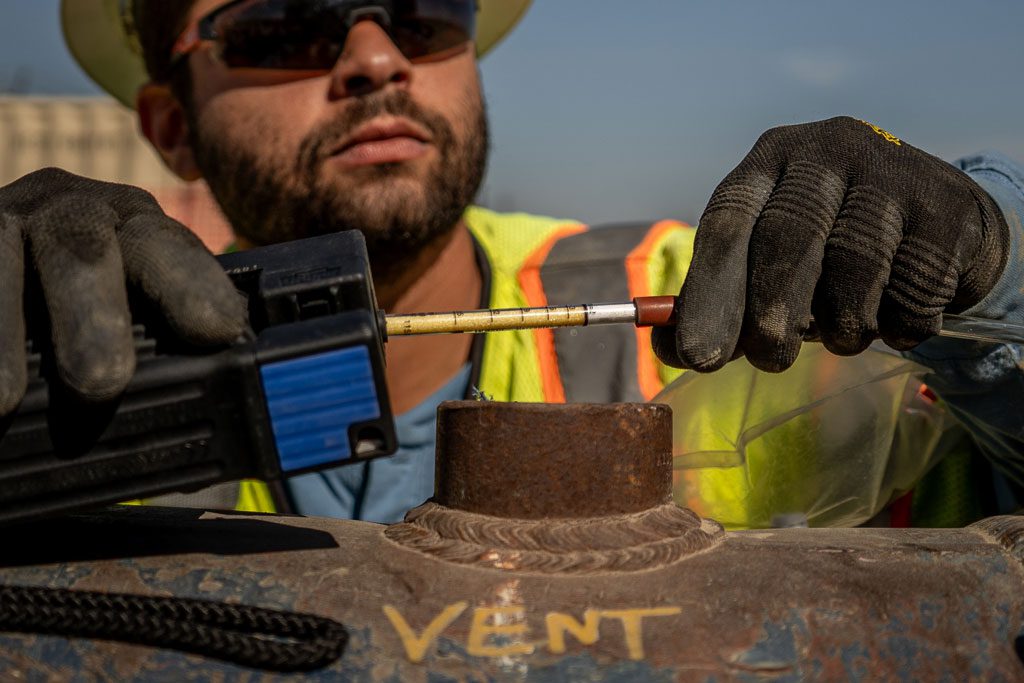Why Natural Gas Odorization Saves Lives
Natural gas odorization is the critical safety process that transforms an invisible, odorless threat into a detectable warning system. Without proper odorization, a natural gas leak may go undetected, creating potentially catastrophic conditions that endanger lives and property.
The tragic New London School explosion of 1937 serves as a poignant reminder of the importance of odorizing gas. On March 18, 1937, unodorized natural gas leaked into the basement of the New London, Texas, school building. When the gas reached explosive levels, a spark triggered a devastating explosion, killing 295 students and teachers. This disaster became the catalyst for the nationwide implementation of mandatory odorization requirements.
Understanding Natural Gas Odorization
Odorization involves injecting mercaptan, an organosulfur compound, into natural gas pipelines to create the distinctive "rotten egg" smell that makes gas leaks immediately recognizable. Federal regulations require that any combustible gas in distribution pipelines be odorized so that individuals with normal smell sensitivity can detect gas presence at one-fifth of the lower explosive limit (LEL) in air.
This process serves as the first line of defense in gas leak detection, providing an early warning that allows people to evacuate safely and report leaks before dangerous concentrations develop.
The Challenge of Odor Fade
One of the most significant challenges in odorizing gas is odor fade—the gradual loss of odorant strength that can compromise leak detection capabilities. Odor fade occurs when mercaptan is absorbed by pipeline walls, particularly in new steel and polyethylene systems, or when environmental factors reduce odorant concentration over time. This phenomenon can create dangerous situations where gas leaks become undetectable to human senses.
Pipeline Conditioning's expertise in pipeline pickling and conditioning directly addresses odor fade prevention, ensuring that odorant levels remain effective throughout the operational life of your pipeline system.
While federal regulations primarily require odorizing natural gas in distribution pipelines, certain transmission lines also require it under specific circumstances. These include transmission lines in more densely populated areas, lines operating at lower pressures, and sections where transmission systems connect to distribution networks. Pipeline Conditioning has the expertise to handle both distribution and transmission line requirements.
Professional Odorization Services
Temporary Odorization Solutions
Pipeline Conditioning specializes in temporary odorization services for situations that require short-term protection of gas systems. Our capabilities include:
- Emergency Response: Rapidly deployable odorizing systems for pipeline emergencies or maintenance operations
- Construction Phase Protection: Temporary odorant injection during pipeline construction and testing phases
- System Commissioning: Proper odorant injection during new pipeline startup procedures
- Maintenance Window Coverage: Continuous odorant injection during planned system shutdowns
Pipeline Pickling and Conditioning
Pipeline pickling is a specialized conditioning process for new gas pipelines that ensures the long-term effectiveness of odorants and prevents odor fade. This critical service conditions the pipeline interior to maintain consistent mercaptan presence throughout the system's operational life by:
- Conditioning new pipeline surfaces to prevent odorant absorption into pipe walls
- Establishing proper surface characteristics that maintain odorant concentration levels
- Creating a protective barrier that prevents mercaptan from being absorbed by fresh steel and polyethylene pipe materials
- Ensuring consistent odorant detection capabilities over the pipeline's service life
Odorization of Natural Gas: Technical Excellence
Precise Mercaptan Injection
Effective odorant injection requires precise control of mercaptan injection rates. Our certified engineers utilize precise injection systems that maintain consistent odorant levels throughout your pipeline network. We monitor and adjust injection rates based on the following:
- Gas flow volumes and pressure variations
- Pipeline diameter and length calculations
- Environmental factors affecting odorant persistence
- Regulatory compliance requirements for specific service areas
Quality Assurance and Documentation
Pipeline Conditioning ensures all pipeline services meet stringent quality standards through:
- Performance Verification: Testing and validation of the system effectiveness
- Regulatory Documentation: Complete record-keeping for compliance reporting requirements
- System Monitoring: Real-time monitoring during operations to ensure proper injection rates
- Compliance Reporting: Detailed documentation to support regulatory inspections and audits
Safety and Regulatory Compliance
Emergency Response
Our services meet or exceed all federal and state requirements, including:
- 49 CFR Part 192: Federal pipeline safety regulations for natural gas distribution and applicable transmission systems
- NFPA 58: National Fire Protection Association standards for liquefied petroleum gas
- State-Specific Requirements: Compliance with local utility commission regulations for both distribution and transmission odorization
- Industry Best Practices: Following American Gas Association (AGA) guidelines for comprehensive pipeline odorization
Pipeline Conditioning maintains 24/7 emergency response capabilities for urgent odorization needs. Our rapid deployment teams can establish temporary odorization within hours of notification, providing immediate safety protection for your gas systems.
Why Choose Pipeline Conditioning for Odorization Services?
Certified Expertise
Our engineers hold industry certifications and receive ongoing training in the latest odorization technologies and safety protocols.
Advanced Equipment
We utilize state-of-the-art injection systems and monitoring equipment to ensure precise and reliable odorization performance.
Proven Track Record
With years of experience serving the natural gas industry, Pipeline Conditioning has established a reputation for safety, reliability, and regulatory compliance.
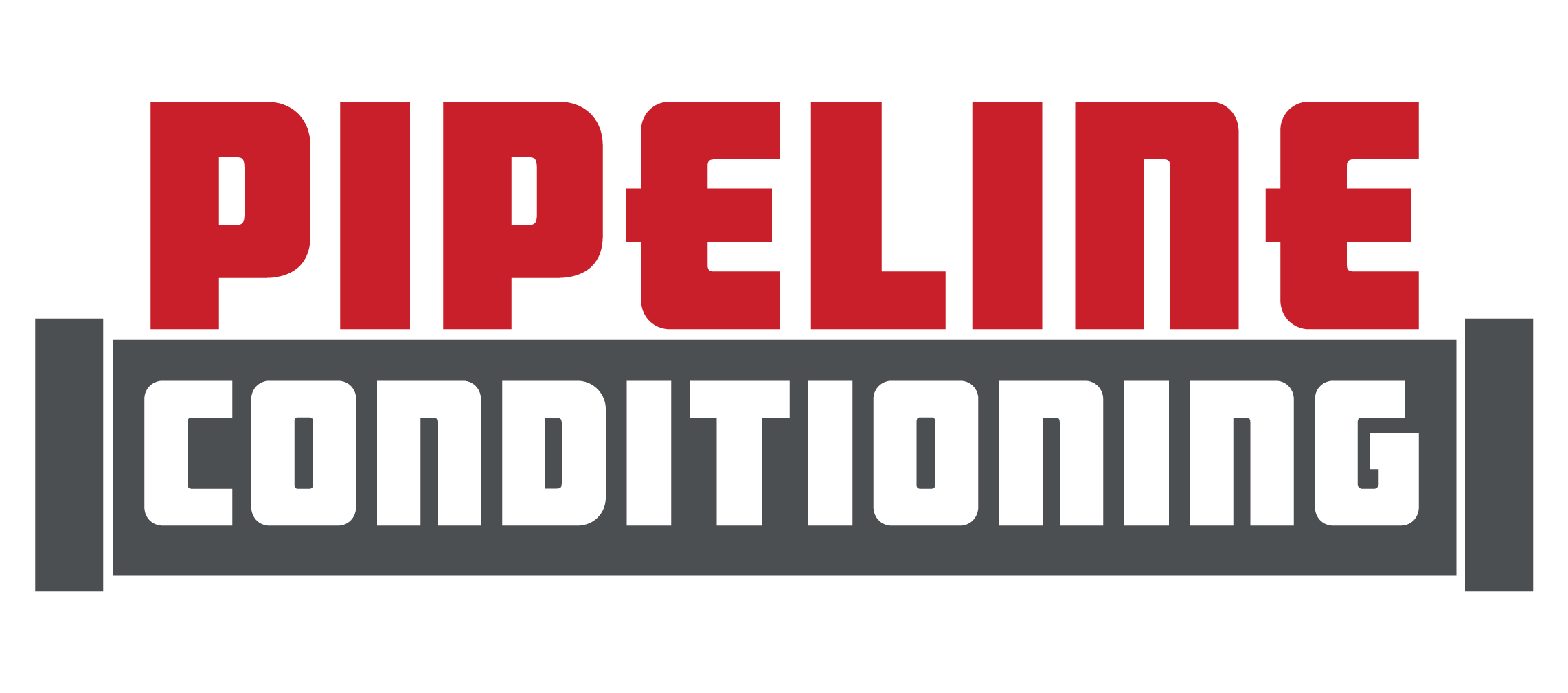
![odorization-1-1022-575-h(1)(1)[92] odorization-1-1022-575-h(1)(1)[92]](https://pipelineconditioning.com/wp-content/uploads/2025/11/odorization-1-1022-575-h1192-scaled.jpg)
